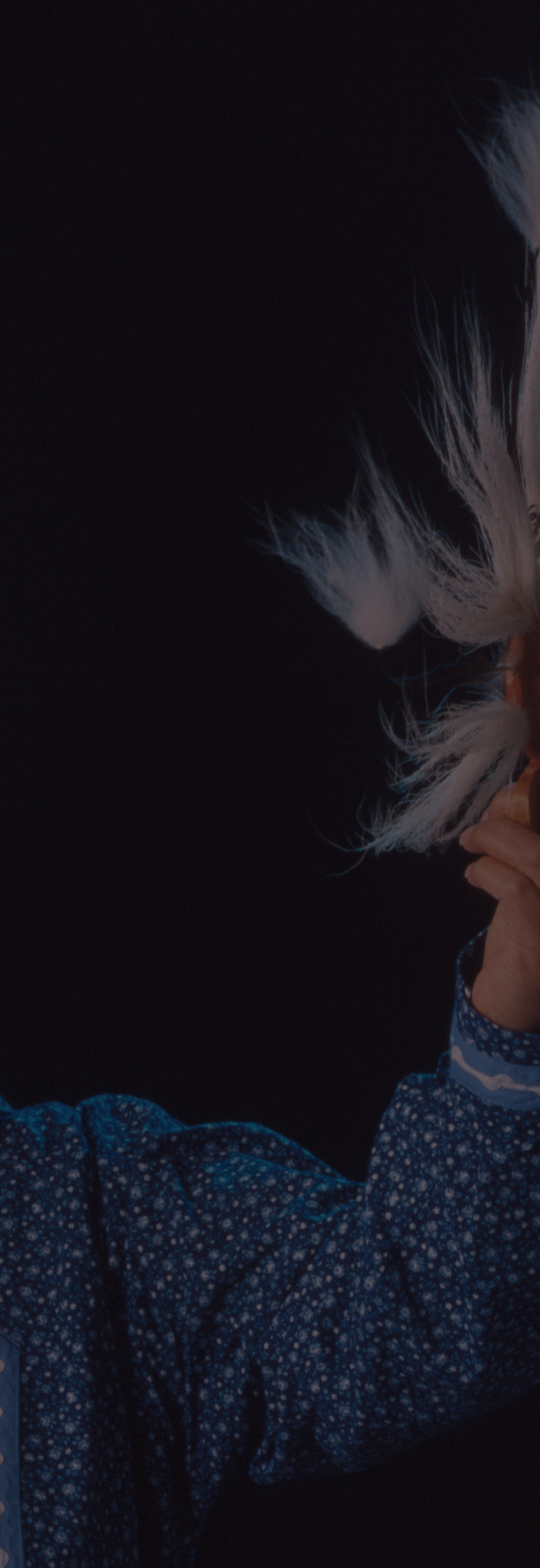Honoring the Emmonak Women’s Shelter
 We celebrate 44 years of the Emmonak Women’s Shelter in the Native Village of Emmonak, Alaska and thank all who have supported us—the staff, volunteers, Board, the Village and City of Emmonak, the Alaska Native Women’s Resource Center, the Alaska Network on Domestic Violence and Sexual Assault, the National Indigenous Women’s Resource Center (NIWRC), Senator Lisa Murkowski, the Office on Violence Against Women, the Office on Family Violence Prevention and Services, and many others.
We celebrate 44 years of the Emmonak Women’s Shelter in the Native Village of Emmonak, Alaska and thank all who have supported us—the staff, volunteers, Board, the Village and City of Emmonak, the Alaska Native Women’s Resource Center, the Alaska Network on Domestic Violence and Sexual Assault, the National Indigenous Women’s Resource Center (NIWRC), Senator Lisa Murkowski, the Office on Violence Against Women, the Office on Family Violence Prevention and Services, and many others.
Forty-four years ago, in 1980, a group of women in the Native Village of Emmonak gathered and discussed how we could help women who were abused by their husbands and boyfriends. Leaving the Village was not an option for many reasons:
- Women couldn’t afford it,
- The husband or boyfriend threatened that if they tried to leave, he would find them and bring them back or hurt or kill them, or
- They had nowhere else to go with all of their family and friends in Emmonak.
The most important reason was that Emmonak was home. There is no place like home, even when home is not a safe place. The closest shelter had just opened in the nearest hub city of Bethel, the TundraWomen’s Coalition, but most women wanted to stay in the Village. With the help of the city and Village, we opened the Emmonak Women’s Shelter and have never looked back. It hasn’t been easy, especially struggling to secure consistent and adequate state and federal funding and challenges with the lack of law enforcement, but we never gave up. “The only way that we can help our people is if we do something about it,”—Tasha Bird.
“I served as the Shelter’s Director from 1994-2005, and then in 2005, the Shelter launched the Yup’ik Women’s Coalition (YWC), a nonprofit Tribal domestic violence and sexual assault coalition, and I became the Executive Director for YWC.”—Lynn Hootch.
“I became the Shelter Executive Director in 2005 to the present. I had been working as a Shelter Rural Outreach Coordinator. We’ve grown our advocacy and Shelter services, especially in partnership with YWC and other partners within the state and nationally, supporting survivors from the 18 Tribes in our region and wherever our women find themselves across the state and country. Our movement is like a seed that has been covered and buried for a long time, and now it is starting to bloom.”—Joann Horn.
“Having the Shelter in the Village has made a difference in the lives of everyone we’ve helped— single women, mothers with their children, young and older women. The City, Village, and neighboring villages have worked with the Shelter and Coalition because they see us as a valuable resource.”—Priscilla Kameroff.
Quyana caqnek (thank you very much) for helping us to support women, children, and their families over the past 44 years and hold abusers, governments, and systems accountable to stop the disrespect, abuse, and violence. We will continue to center our yuuyaraq (Yup’ik way of life and cultural traditions) and work to prevent domestic violence, dating violence, sexual assault, sex trafficking, stalking, child and elder abuse, and women going missing and being murdered.





